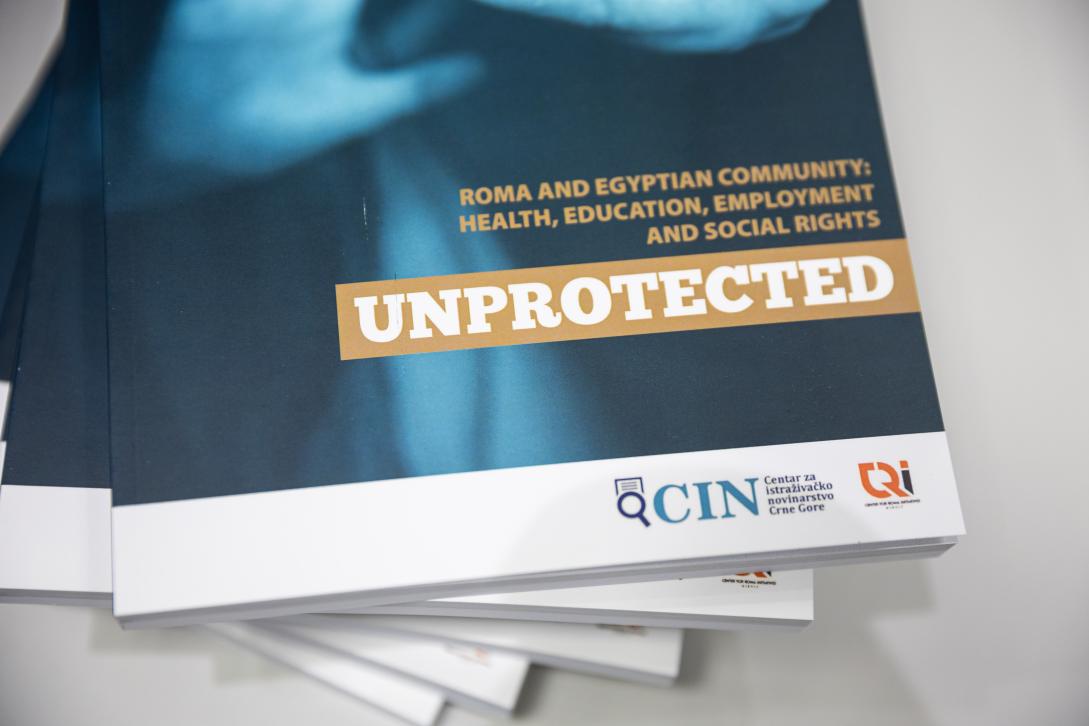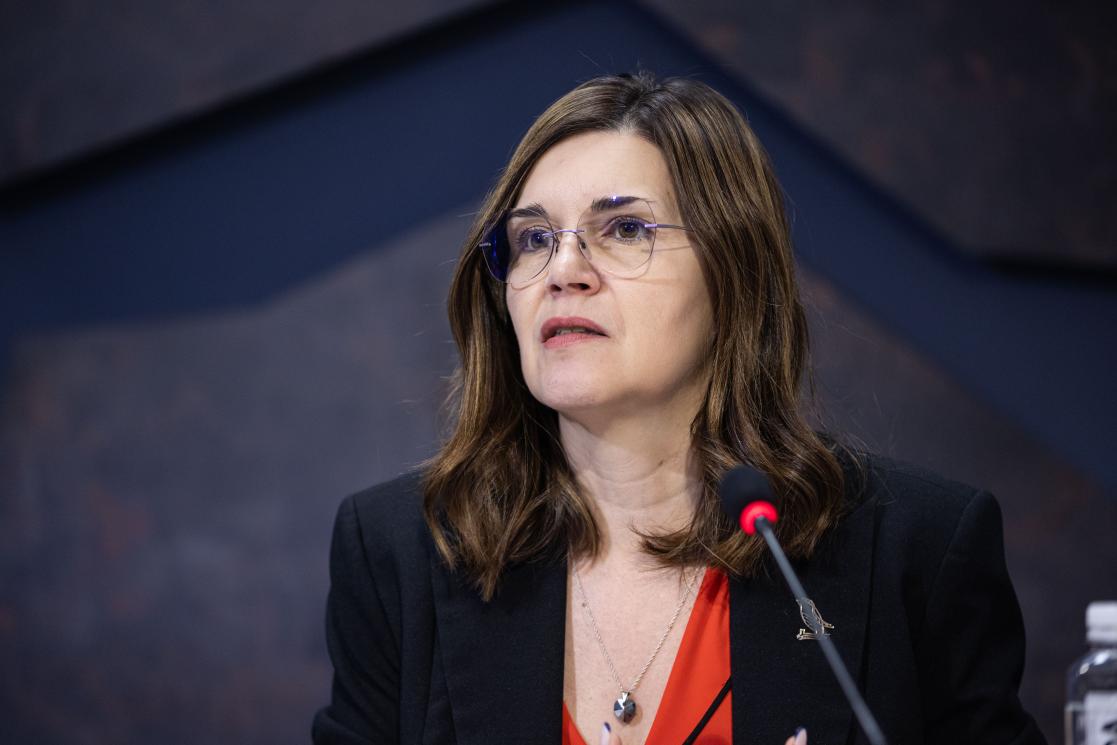Roma girls and women are facing multiple discriminations in almost all areas of life

“The European Union always emphasises that the Roma community is the most discriminated against in Montenegro, with Roma girls and women facing multiple discriminations in almost all areas of life,” said the Ambassador of the European Union to Montenegro, Oana Cristina Popa.
During the press conference “The Position of Girls and Women in the Roma and Egyptian Communities,” which was organised by Centre for Investigative Journalism at Europe House, she said that in 2020 the EU put forward a new Roma strategic framework for equality, inclusion, and participation.

Copyright: Evropska kuća
“To improve the quality of life for the Roma community we set precise targets to be met by 2030. These include cutting the Roma employment gap and the early childhood education gap by half,” emphasised Popa.
She added that along these lines Montenegro set out its commitments under the accession agenda, which the EU closely monitors and financially supports through a range of initiatives, such as the Operational Plan for Employment and Social Policies, Inclusive Education, the Growth Plan, etc.
Popa also emphasised the importance of the work of Roma health mediators, who were also introduced through one of the EU-funded projects several years ago.

Copyright: Evropska kuća
During the press conference, there was a screening of the documentary film titled "Unprotected.". This film explores the position of girls and women in the Roma and Egyptian communities. During the filming of this documentary, the Centre for Investigative Journalism encountered the harsh reality of life among this population.
"We encountered unimaginable poverty, right next to us, with sick children in damp beds, with mothers who have no hope because their children do not have the opportunity for basic medical treatment, for progress in school, for maturation and independent decision-making, and for the fight against drugs and early marriages," said Milka Tadić-Mijović, from the Centre for Investigative Journalism.

Copyright: Evropska kuća
"We are all aware that arranged marriages come with a certain amount of money, which is why they can be categorised as human trafficking," said Fana Delija, from the Centre for Roma Initiatives.
Delija urged parliament to raise the minimum age for marriage to 18.
She emphasised that it should not be forgotten that children living and working on the streets are not only forced to beg but they are also victims of multiple other forms of abuse, including sexual abuse.
Data shows that 17% of Roma and Egyptian women enter marriage before the age of fifteen, and more than 30% before the age of eighteen.
"A further cascade of problems arises from the deficit of education," said Vice President of the Government for Labour, Education, Health, and Social Affairs, Srđan Pavićević. He problematised the fact that everything ends with early marriages in which new children are born, thus, continuing the same practice.
"It's a vicious circle. This vicious circle begins with education, as 90% of people from this population either partially complete or do not complete elementary school at all," Pavićević added.
In the last ten years, thousands of underage girls have given birth, mostly as a result of arranged marriages.





